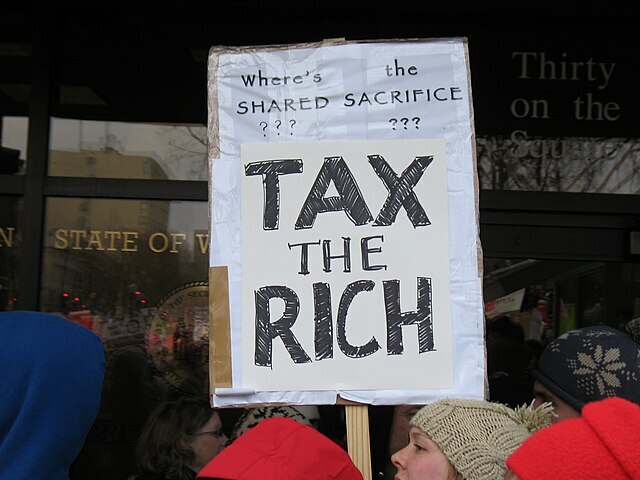Buncombe County’s financial troubles will not end with the January 16th plea hearing of former county manager Wanda Greene in federal court or payment of her $750,000 settlement with the county.
Every political promise has an expiration date. When Buncombe County officials promised in 2011 that a quarter-cent-sales-tax increase would pay for capital repairs, renovations, and new construction at Asheville-Buncombe Technical Community College, voters could not have expected the promise to expire in just 18 months or how much money would be diverted to the county’s general fund.
In November 2011, Buncombe County voters had a single item on their ballots: approval of a new quarter-cent sales tax. Supporters of the tax increase, including all but one county commissioner, the Asheville Chamber of Commerce, A-B Tech leadership, and the pro-tax advocacy group Join Our Buncombe Solutions, promised taxpayers that the tax revenue would be used to pay for a $130 million capital plan to construct, repair, or renovate facilities at A-B Tech. College President Hank Dunn said, “The truth is the quarter-penny will go to A-B Tech, and anyone who says differently is just wrong.”
Skeptics of the tax hike, including Michael Sanera of the John Locke Foundation and the group Sales Tax Opposition Partnership, warned the referendum did not, and could not, ensure the money would be dedicated to A-B Tech or that the county would eventually stop collecting the tax. There simply is no legal way for county commissioners to bind the actions of future commissioners. Sanera and others also raised questions about how much debt the county already had taken on, the taxpayer money routed to companies who promised to create jobs in the county, and A-B Tech’s actual needs.
Less than 20 percent of voters cast a ballot in the election and the difference in favor of the tax was 500 votes. When turnout is so low, a tiny fraction of voters can tip the balance of an election and even change the direction of government.
In the 2013-14 budget passed in June 2013, county commissioners diverted $285,000 in new sales taxes from A-B Tech to the county’s general fund operating budget. Commissioners kept funds to the school around $6 million the next three years as transfers climbed to $2.3 million. In 2017-18, the transfer jumped to $5.8 million, and A-B Tech received $7.8 million. For the current year, the school and the county’s general fund each received $6.5 million. Since July 2013, Buncombe County commissioners transferred $15 million to the general fund, money that elected officials and A-B Tech boosters promised would benefit the community college.
A-B Tech opened a $38 million Allied Health building in 2016 and demolished an existing classroom building in 2017. An engineering consultant estimated the school has a $25 million backlog in needed repairs and renovations to campus facilities. County commissioners have not approved a planned $27 million classroom building.
None of this would have come to light if former county manager Wanda Greene had not been forced out over her criminal actions. Interim county manager George Wood, who took over in June 2018, warned commissioners in September that they had been using the sales tax revenue to balance the county’s budget and that they would need to make significant changes to avoid a deficit next fiscal year, which starts July 2019.
Rep. Brian Turner wants commissioners to fulfill the promise made to voters that the tax would address A-B Tech’s facilities needs. He also suggested that the county work out a payment plan to offset the $15 million diverted to the county’s general fund, create more transparent budgets, and transfer oversight of facilities from the county commission to community college trustees.
Commissioner Mike Fryar wants a new vote on the tax to determine if citizens want it to continue. In 2013 and 2014, legislators limited sales tax referenda to even-number years, so the next opportunity for a referendum would be in 2020. To maximize voter turnout, lawmakers should take an additional step of limiting such votes to November elections.


